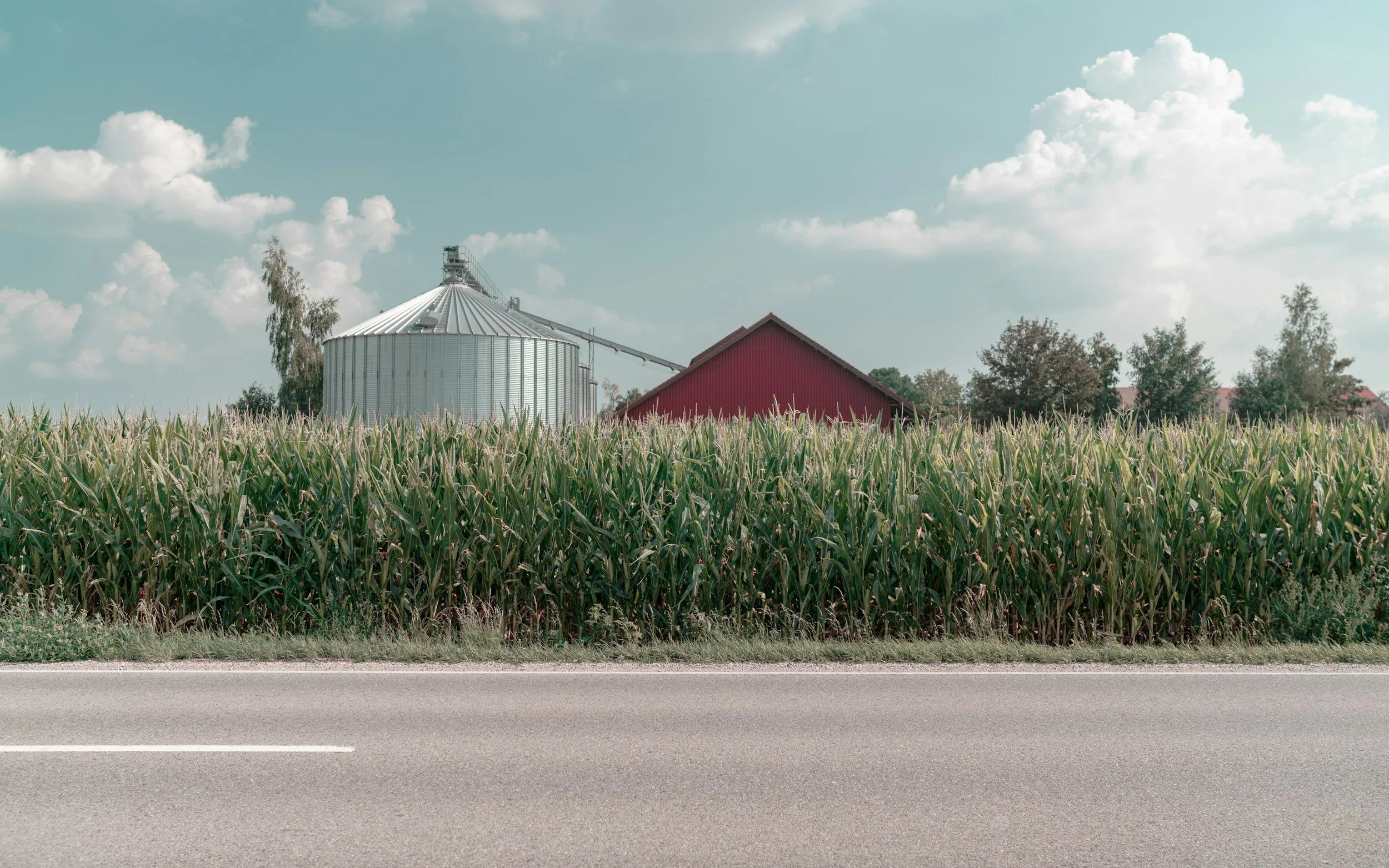
Jersey Fresh for All
A USDA A USDA-funded program focused on farm viability and increasing NJ-grown/produced foods for underserved communities.
-
The Local Food Purchase Assistance Cooperative Agreement Program (LFPA) awards federal funds to states and tribal governments to buy food from local and socially disadvantaged farmers to provide to underserved communities.
Here in NJ, the program is called Jersey Fresh for All. NJ Department of Agriculture selected the Community Food Bank of NJ to be the lead organization to implement LFPA . Other partners are Common Market and NJFDC.
Round 1 of LFPA is for two years (2023 & 2024). LFPA Plus is a third year of funding for NJ to continue to purchase food from historically underserved and socially-disadvantaged producers in NJ for distribution through the state’s five food banks.
-
The Local Food Purchase Assistance Cooperative Agreement Program (LFPA) awards federal funds to states and tribal governments to buy food from local and socially disadvantaged farmers to provide to underserved communities.
Here in NJ, the program is called Jersey Fresh for All. NJ Department of Agriculture selected the Community Food Bank of NJ to be the lead organization to implement LFPA . Other partners are Common Market and NJFDC.
Round 1 of LFPA is for two years (2023 & 2024). LFPA Plus is a third year of funding for NJ to continue to purchase food from historically underserved and socially-disadvantaged producers in NJ for distribution through the state’s five food banks.
-
The Local Food Purchase Assistance Cooperative Agreement Program (LFPA) awards federal funds to states and tribal governments to buy food from local and socially disadvantaged farmers to provide to underserved communities.
Here in NJ, the program is called Jersey Fresh for All. NJ Department of Agriculture selected the Community Food Bank of NJ to be the lead organization to implement LFPA . Other partners are Common Market and NJFDC.
Round 1 of LFPA is for two years (2023 & 2024). LFPA Plus is a third year of funding for NJ to continue to purchase food from historically underserved and socially-disadvantaged producers in NJ for distribution through the state’s five food banks.
-
The Local Food Purchase Assistance Cooperative Agreement Program (LFPA) awards federal funds to states and tribal governments to buy food from local and socially disadvantaged farmers to provide to underserved communities.
Here in NJ, the program is called Jersey Fresh for All. NJ Department of Agriculture selected the Community Food Bank of NJ to be the lead organization to implement LFPA . Other partners are Common Market and NJFDC.
Round 1 of LFPA is for two years (2023 & 2024). LFPA Plus is a third year of funding for NJ to continue to purchase food from historically underserved and socially-disadvantaged producers in NJ for distribution through the state’s five food banks.
-
The Local Food Purchase Assistance Cooperative Agreement Program (LFPA) awards federal funds to states and tribal governments to buy food from local and socially disadvantaged farmers to provide to underserved communities.
Here in NJ, the program is called Jersey Fresh for All. NJ Department of Agriculture selected the Community Food Bank of NJ to be the lead organization to implement LFPA . Other partners are Common Market and NJFDC.
Round 1 of LFPA is for two years (2023 & 2024). LFPA Plus is a third year of funding for NJ to continue to purchase food from historically underserved and socially-disadvantaged producers in NJ for distribution through the state’s five food banks.
-
The Local Food Purchase Assistance Cooperative Agreement Program (LFPA) awards federal funds to states and tribal governments to buy food from local and socially disadvantaged farmers to provide to underserved communities.
Here in NJ, the program is called Jersey Fresh for All. NJ Department of Agriculture selected the Community Food Bank of NJ to be the lead organization to implement LFPA . Other partners are Common Market and NJFDC.
Round 1 of LFPA is for two years (2023 & 2024). LFPA Plus is a third year of funding for NJ to continue to purchase food from historically underserved and socially-disadvantaged producers in NJ for distribution through the state’s five food banks.


